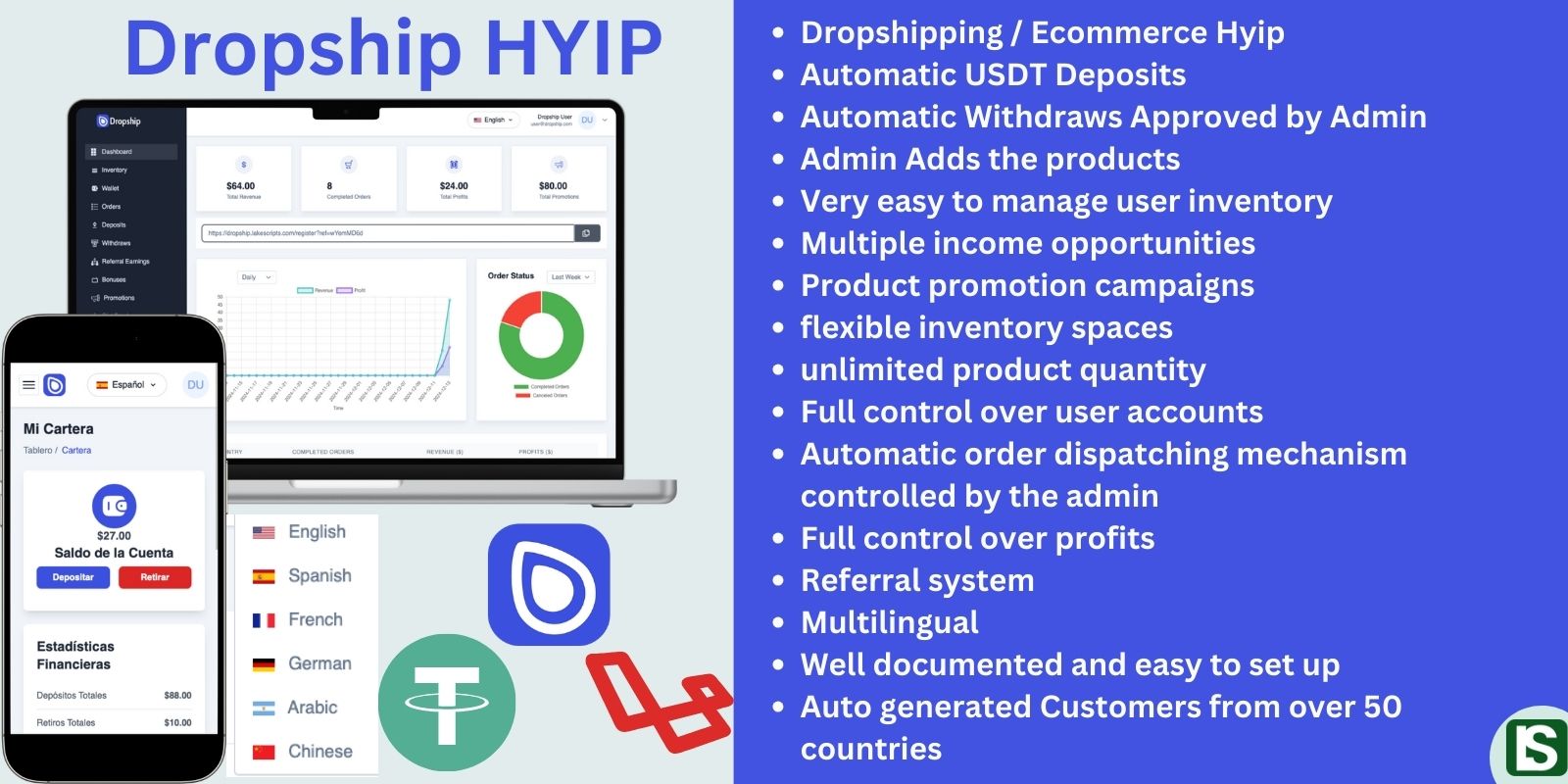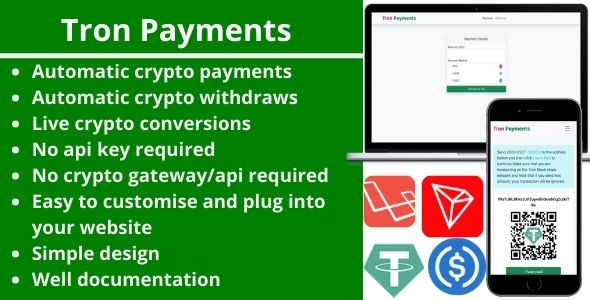
Table of Contents
- Introduction to Tron Energy
- Understanding Tron Energy Delegation
- How Tron Energy Delegation Works
- Conclusion
Introduction to Tron Energy
Tron Energy is a resource within the TRON ecosystem that powers the execution of smart contracts on the Tron blockchain network. Unlike TRX (TRON's native cryptocurrency), Energy is not purchased but rather generated by staking TRX . When a user stakes their TRX , they receive a certain amount of Energy, which they can use as gas to execute the USDT TRC20 smart contracts.
Understanding Tron Energy Delegation
Tron Energy Delegation is a strategic process where a TRON wallet can delegate its accumulated Energy to other wallets within the TRON ecosystem. This mechanism is particularly beneficial for USDT TRC20 transaction processing, where the primary wallet delegates Energy to various generated payment addresses within an application. This delegation is essential for optimizing transaction efficiency and minimizing costs.
When there is insufficient Energy to process a transaction, TRX is burned to generate the required Energy. According to USDT TRC20 Automatic Payments Scripts , each transaction on the TRON network requires between 32,000 to 64,000 Energy, depending on whether the master wallet holds USDT TRC20 or not. Specifically, if the main wallet contains USDT TRC20 , the transaction consumes 32,000 Energy. However, if it does not, the transaction requires 64,000 Energy.
Without Energy delegation , transactions can become costly, consuming between 15 to 30 TRX , depending on whether or not there is USDT TRC20 held in the main wallet. This can significantly increase costs, especially for applications processing many relatively small transactions in a day. Energy delegation provides a cost-effective solution by allowing you to utilize the Energy acquired through staking TRX to process these transactions efficiently.
Tron Energy refills every 24 hours, ensuring that if you have sufficient Energy to process your daily transactions, then you have enough energy to process your transactions for a lifetime. By staking your TRX and securing enough Energy for daily transactions, you can guarantee cost-effective processing of USDT TRC20 transactions within your application, avoiding hefty transaction fees. Energy delegation effectively reduces your cost per transaction from 15-30 TRX to just 1.1 TRX , which is necessary to activate generated payment wallet addresses.
It's important to note that Energy delegated to a wallet cannot be further delegated by the recipient. This ensures that the Energy remains within the intended network of wallets.
Additionally, you can further reduce your transaction costs by renting Energy from various service providers such as Tronsave and iTRX , among others. Leveraging these services can help you optimize your day-to-day USDT TRC20 transactions efficiently and cost-effectively.
How Tron Energy Delegation Works
- Staking TRX: Users stake their TRX to generate Energy.
- Energy Refill: Over time, as long as the TRX remains staked, the Energy is refilled every 24 hours.
- Delegation Process: The wallet can then delegate this Energy to other wallets within the TRON network. This delegation can be done directly through wallets that support the TRON blockchain.
- Use of Delegated Energy: The recipient of the delegated Energy can use it to perform transactions or execute smart contracts.
- Undelegate: The delegated Energy can be undelegated after the specified period of time or after the action that required the Energy is done.
Conclusion
Tron Energy Delegation plays a crucial role in reducing the costs associated with processing USDT TRC20 transactions. By strategically using Energy delegation and renting Energy from service providers, users can significantly lower their transaction fees and improve the efficiency of their applications.



Comment
Login to comment